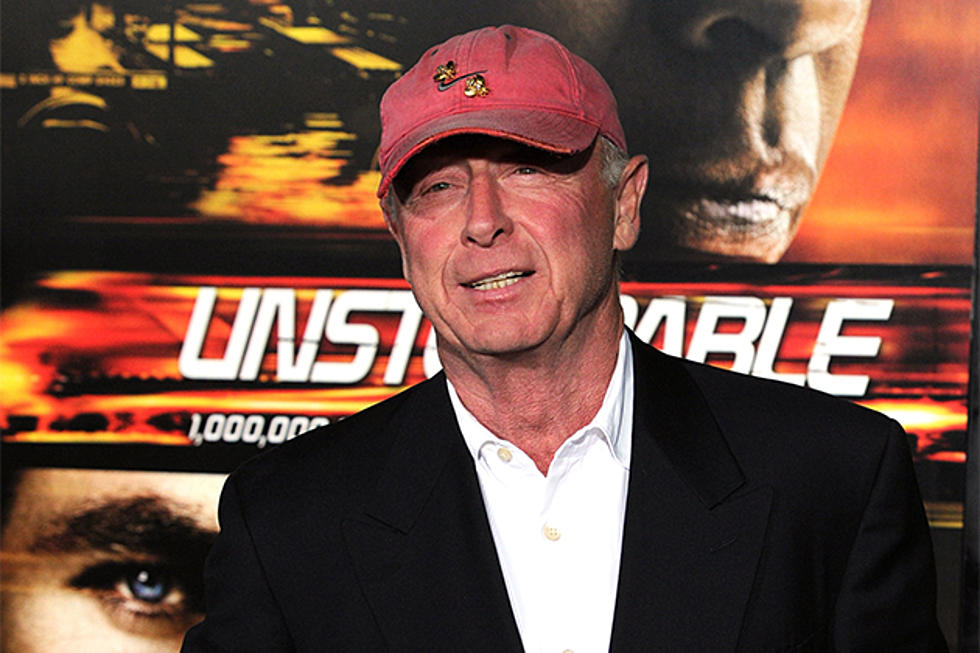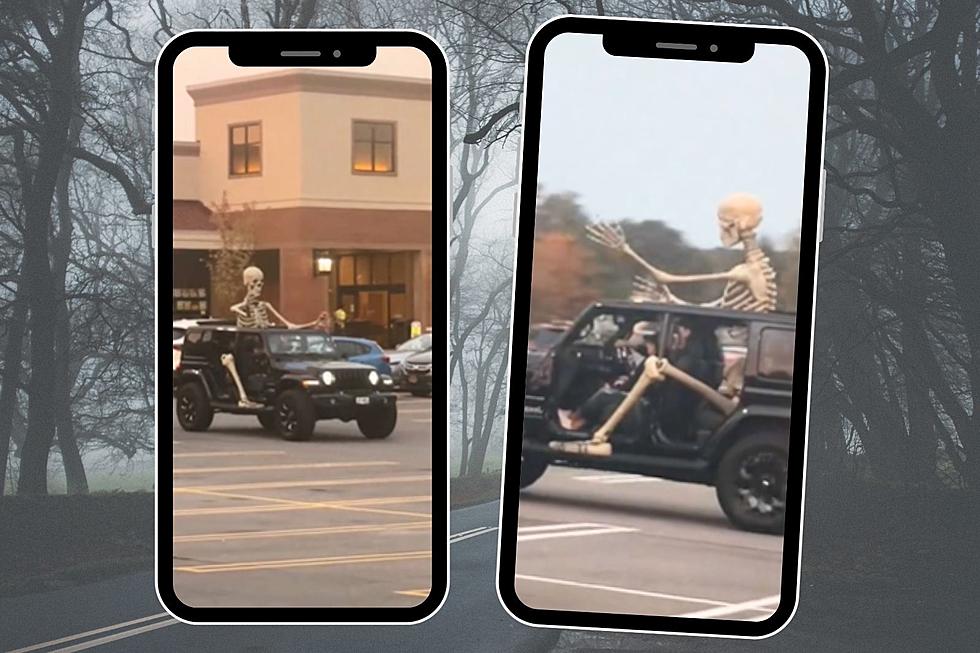
Tony Scott’s Autopsy Reveals Multiple Medications, No Terminal Illness
A toxicology report from the L.A. County Coroner's office has revealed that director Tony Scott had a cocktail of prescription sleeping aids and anti-depressants in his system when he jumped to his death off the Vincent Thomas Bridge on Aug. 19.
The celebrated 68-year-old director of movies like 'Top Gun' and 'Beverly Hills Cop II' committed suicide amid a flurry of unsubstantiated rumors and speculation, including that he had inoperable brain cancer and ended his life due to complications related to the illness (something his wife denied).
The autopsy confirmed that Scott obviously died of blunt force trauma sustained from his jump, and that levels of Lunestra and Mirtazipine were found in his body -- but there was no trace of any terminal illness.
Why he took his own life is still a mystery. Witnesses who called 911 from the scene of Scott's suicide said he parked his car on the bridge, got out, crawled to the top of a fence and, after a brief pause, simply leaped over the edge.
Friends and associates said there was no hint he'd even been depressed.
Elizabeth Gabler, whose Fox 2000 studio division made 'Man on Fire' and was developing Scott's next film, 'Lucky Strike,' said he was "laughing and energetic" in the days just before the tragedy.
"In a million years, this isn't something I'd have thought he'd do," added Mark Bomback, a writer on the Scott movie 'Unstoppable.' "I never had an inkling ... You'd think he was making his first film from his level of energy and enthusiasm."
More From StarCrush



![Chris Janson Shares Details of Terrifying House Fire: ‘I’m Just Grateful to Be Alive’ [Pictures]](http://townsquare.media/site/204/files/2021/04/chris-janson-home-fire-interview-pictures.jpg?w=980&q=75)

![[RADIO STATION] is Available on Amazon Alexa-Enabled Devices](http://townsquare.media/site/241/files/2017/09/alexa-amazon-echo-dot.jpg?w=980&q=75)



